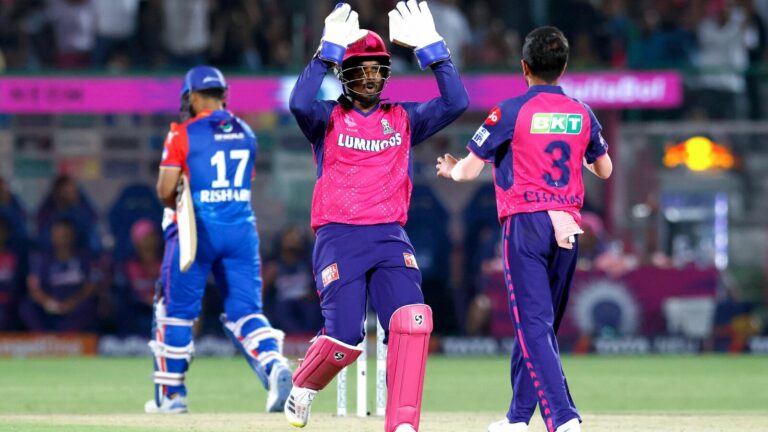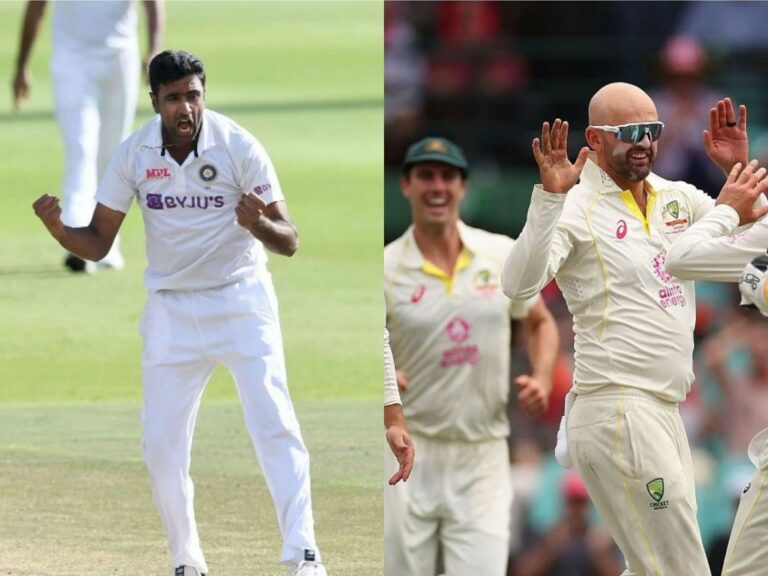Cricket’s Role in Promoting Health and Fitness Among Youth
Reddy Anna Book, Reddy Book: Cricket is a sport that offers a wide range of physical health benefits. The nature of the game involves running, throwing, and catching, which can help improve cardiovascular endurance and overall fitness levels. Additionally, the explosive movements required in cricket, such as sprinting and bowling, can enhance strength and agility.
Engaging in regular cricket matches or training sessions can also contribute to weight management and muscle tone. The dynamic nature of the game keeps players on their feet, which aids in burning calories and boosting metabolism. Overall, cricket serves as an enjoyable way to stay active and promote physical well-being.
The Impact of Cricket on Mental Well-being
Cricket, as a sport, holds numerous benefits for mental well-being. The strategic nature of the game, requiring players to think ahead and anticipate opponents’ moves, stimulates cognitive functions and problem-solving skills. This mental engagement can help players develop a sharper focus, improved decision-making abilities, and enhanced concentration levels.
Moreover, cricket promotes emotional well-being by providing a platform for self-expression and stress relief. The camaraderie amongst teammates fosters a sense of belonging and support, which can help alleviate feelings of loneliness and boost self-esteem. Additionally, the competitive yet cooperative nature of the sport encourages players to manage their emotions effectively, enhancing their emotional resilience and overall well-being.
How Cricket Encourages Teamwork and Social Skills
Cricket, often considered a team sport, naturally promotes teamwork and social skills among players. The game requires coordination between team members while fielding, as they work together to prevent the opposition from scoring runs. This collaborative effort fosters a sense of unity and mutual support within the team, ultimately strengthening the bonds between players.
Moreover, cricket provides ample opportunities for players to develop their social skills both on and off the field. Whether it’s strategizing during a match, cheering each other on, or celebrating victories together, these interactions help individuals learn how to communicate effectively and collaborate with their teammates. In addition, the post-match gatherings and social events further enhance the camaraderie among players, creating a supportive and inclusive team culture.







